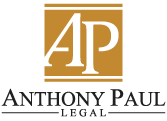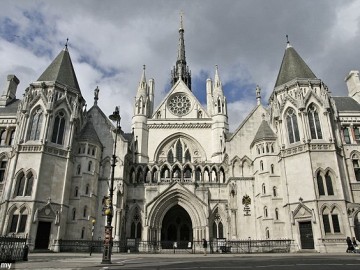
Access to Justice

-
Posted by admin
- Posted in Employment Solicitors ChesterNewsUnfair Dismissal
The Government has set up a select committee of MPs to undertake an inquiry into the regime of court and tribunal fees. The committee’s remit is to ascertain whether or not their introduction has affected access to justice.
The Commons Justice Select Committee made the following statement at the outset of the inquiry:
“Over the course of the last Parliament the coalition Government pursued policies aimed at decreasing the cost of Her Majesty’s Courts and Tribunals Service (HMCTS) to the public purse, through the introduction of and increases to various fees and charges.
“These included the introduction of fees for employment tribunals, a regime of enhanced fees for civil proceedings, and a mandatory charge imposed on anyone convicted of a criminal offence.
“The Justice Committee has decided to hold an inquiry into the effects of the introduction and levels of these fees and charges.”
Since July 2013, workers in the UK have been charged an issue fee of between £160 and £250 when submitting a claim, and a hearing fee of between £250 and £950 if the claim is listed for a final hearing (depending on the type of claim). Any appeal will incur a further charge.
When tribunal fees were introduced, the Government claimed this would reduce the number of frivolous or “vexatious” claims made by employees, and help them to avoid costly legal fees when handling grievances.
However, unions and opposition parties have claimed that the introduction of fees is blocking access to justice for those who need it. An assessment of the claims data since the introduction of the regime identifies that sex discrimination claims, for instance, fell by almost 80% in the first 12 months the regime was in force.
Unison has continued to challenge the fees regime by fighting for a judicial review at the High Court and Court of Appeal, to date these have been unsuccessful.
This inquiry will run separately from the Ministry of Justice‘s review of employment tribunal fees, which was announced in June and will run until the end of this year.
A key difference between the two inquiries is that the select committee tribunal fees inquiry will take evidence from external bodies such as tribunal users themselves, while the internal Ministry of Justice review will not.
The select committee inquiry will also be made up of 11 cross-party MPs, and will consider the impact of fees on courts and tribunals generally, rather than focusing purely on employment tribunal fees.
- The select committee said it would consider the following questions in its inquiry:
- How have the increased court fees and the introduction of employment tribunal fees affected access to justice? How have they affected the volume and quality of cases brought?
- How has the court fees regime affected the competitiveness of the legal services market in England and Wales, particularly in an international context?
- What have been the effects on defendants of the introduction of the criminal courts charge? Has the criminal courts charge been set at a reasonable and proportionate level? Is the imposition and collection of the charge practicable and, if not, how could that be rectified?






